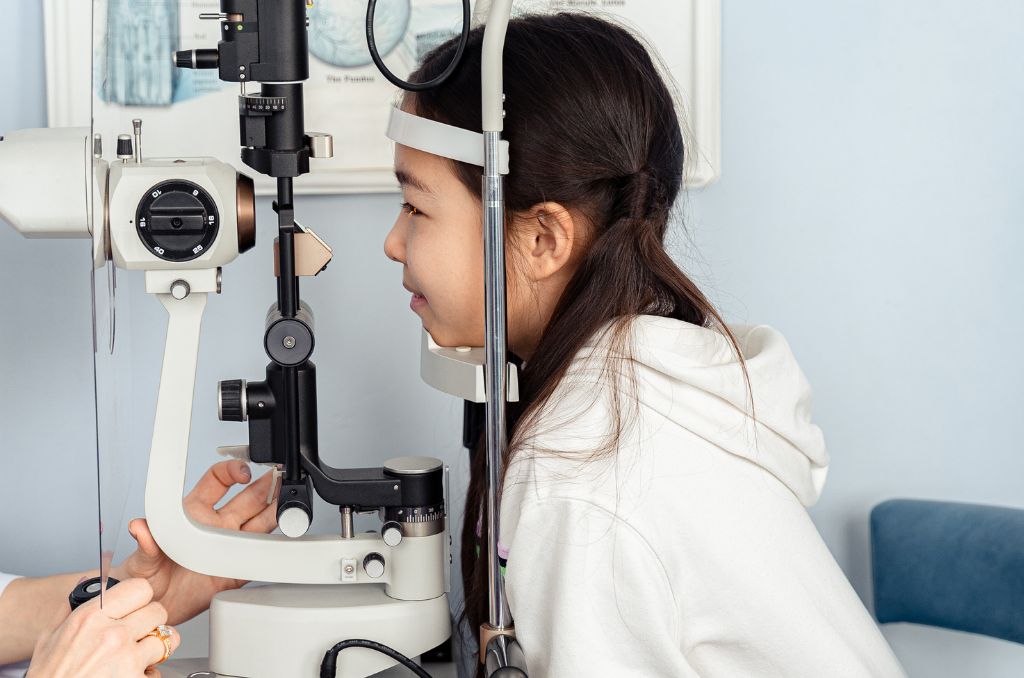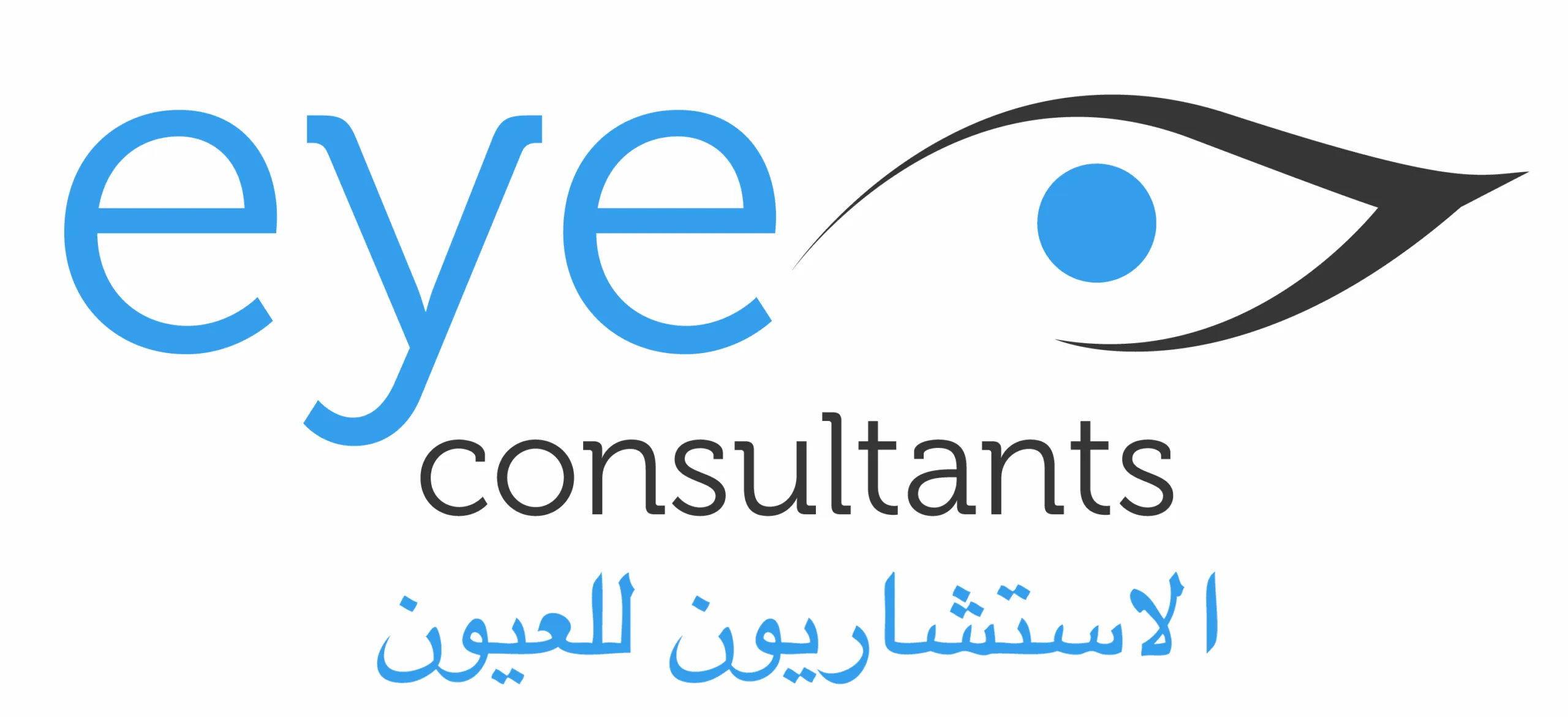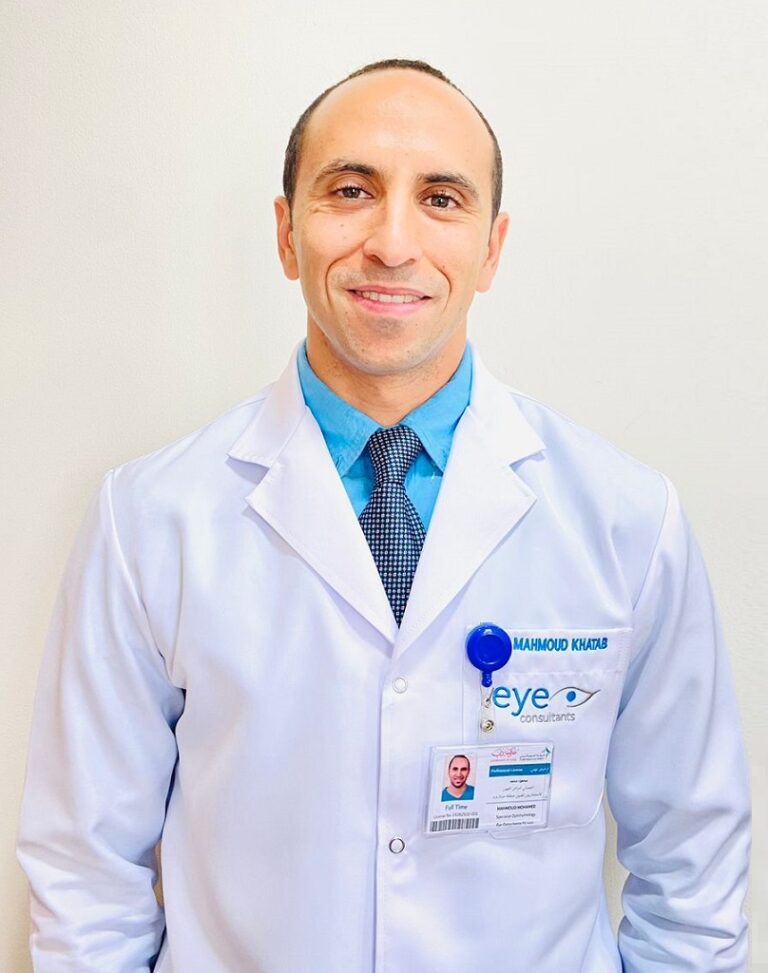Eye Infection Diagnosis and Treatment
Eye Infections can range from mild conditions like conjunctivitis (pink eye) to more severe infections that could threaten your vision. Early diagnosis and treatment are crucial to prevent complications.

Causes
- Bacterial Infections: Common bacteria like Staphylococcus or Streptococcus can cause eye infections.
- Viral Infections: Viruses such as adenovirus or herpes simplex can lead to infections like conjunctivitis or keratitis.
- Fungal Infections: Although less common, fungal infections can occur, particularly after eye injury or surgery.
- Parasitic Infections: Rare but serious, infections like Acanthamoeba keratitis can occur in contact lens users.
- Allergic Reactions: While not infectious, allergic reactions can cause symptoms similar to infections and may require treatment.
Symptoms
- Redness: One of the most common signs of an eye infection.
- Discharge: Watery, yellow, green, or white discharge may indicate infection.
- Pain or Discomfort: Persistent pain in or around the eye is often a sign of infection.
- Blurred Vision: Infections can cause vision to become cloudy or blurry.
- Swelling: Swelling of the eyelids or around the eye may indicate a more serious infection.
Treatment Options
- Antibiotics: Topical or oral antibiotics for bacterial infections.
- Antiviral Medications: Used to treat viral infections, particularly herpes-related conditions.
- Antifungal Treatment: For fungal infections, which may require long-term treatment.
- Anti-inflammatory Drops: To reduce swelling and discomfort.
- Warm Compresses: Often recommended for mild infections to relieve symptoms.
Prevention Tips
- Hygiene Practices: Regular hand washing and avoiding touching your eyes can prevent the spread of infections.
- Proper Contact Lens Care: Always follow proper lens care guidelines, including cleaning and replacing them as recommended.
- Avoid Sharing Personal Items: Don’t share items like towels, makeup, or contact lenses that come into contact with your eyes.
- Protective Eyewear: Use protective eyewear during activities that may expose your eyes to injury or infection.
Why Choose Eye Consultants
At Eye Consultants, we are dedicated to providing personalized care tailored to your specific needs. Whether it’s a mild irritation or a severe infection, our team is here to help you restore and maintain your eye health.
- Our team offers prompt and accurate diagnosis to ensure effective treatment of eye infections.
- We use advanced diagnostic tools to determine the cause and severity of the infection with cutting-edge technology.
- Our specialists provide comprehensive care, including follow-up visits to monitor recovery and prevent complications.
Related Doctors
Consultant Ophthalmologist
Anterior Segment, Oculoplastic Surgeon & Pediatric Ophthalmology
Specialist Ophthalmologist
Head Of Pediatric Ophthalmology & Strabismus Unit
Patient Satisfaction Is Very Important To Us

I had my cataract surgery and lens implantation with Eye Consultants Clinic. What a beautiful experience! All the staff were very kind, helpful, and competent. Special thanks to the clinic manager for being so accommodating and caring in all of my inquiries. Thank you, Dr. Mohamed Awadalla for your dedication and for being best at what you do. Overall, I highly recommend Eye Consultants, they made sure that I get the best treatment possible.
I was a patient of Dr Ahmed El Khashab’s between 2018 and 2021, and had a retinal detachment surgery, a silicone oil removal surgery and a cataract surgery, as well as glaucoma surgery in another clinic but followed up with him. With no doubt in my mind, he is by far the best doctor I’ve ever come across. He is very patient, very informative and an absolute gem of a doctor. - Menna Aly
I had a cataract surgery in both eyes last week and now my vision is perfect. Thank you to the entire team at Eye Consultants Center and most especially to Dr. Ahmed El Khashab who performed my cataract surgery. It was an amazing experience and he is the best!
We are delighted to have an opportunity to express our gratitude and appreciation to Dr. Ahmed El Khashab and his staff for diligently caring for my mother's eye problems and her cataract surgery. They are not only most professional but always attentive to our needs and concerns. Dr. and his staff are eager to care for us as a hive of "busy bees". Thank you doctor.
I was diagnosed as having cataract in both my eyes and advised surgery.This was my very first experience and I was really nervous, but Dr Ahmed Al Khasheb assured me it will go well. I must say he is not only an expert in his field but also very kind and understanding. The surgery went well and now I have a perfect vision. I’m also thankful to the receptionists and the nurses at Eye Contact Center for being respectful and professional. I would definitely recommend this hospital and especially Dr Ahmed.
The whole team at Eye Consultants is very professional and Dr. Ahmed is special and recently performed cataract removal from both my eyes successfully. He has previously performed surgery on one eye to address a retinal detachment case. HIGHLY recommend him and his wonderful team.



